The Men that say NO to Porn
Yes, there are some - a growing number. These men are not anti-sex, nor are they moralistic or judgemental. Rather, they recognise the harm of habitual porn use on women and girls - and on themselves
Matt is a handsome, personable doctor aged 36. He grew up in suburban Derby, with middle class parents who scrimped and saved and sent him to a local private school.
He is one of a growing number of men that has given up pornography.
Matt’s first experience with porn came when it became easy to access via a BlackBerry, “I was 14 and we had dial-up internet, no smartphones.” Sites like Pornhub were free and easily available. But a few years after he started using porn, he began to feel he was doing something harmful.
Matt
He tells me he wasn't very good at maintaining long-term relationships, because he would write women off for being imperfect as soon as they fell foul of an “imaginary standard that I'd invented for them… so my twenties were about me being a bit clumsy and selfish and inconsiderate.”
Matt’s use of porn escalated to the point where it had become habitual. “I never tried to influence women to watch it with me, and my tastes never got more extreme, but it just became quite solidly entrenched.”
Then he met the love of his life. On one of their first dates, he asked if she ever watched porn, thinking she would find this edgy. But she said, “No I don’t, and neither should you.”
He started watching anti-porn activists, including me, Gail Dines, and others on YouTube.
Gail Dines, author of Pornland: How Porn has Hijacked our Sexuality, and a number of other books on the harm of porn
He wanted to understand why he had started to feel that porn was bad for men, as well as women. Then Matt decided to stop. Since then, he has met other men who have also given up porn – not for religious reasons or because they are anti-sex, but because they recognise the harm it does both to women, and to themselves.
More than half of those who start using porn before they reach their teens will experience erectile dysfunction as young men. Shockingly, boys as young as eight are accessing hardcore images on their smartphones, egged on by schoolfriends.
In Edinburgh last month I attended a conference organised by the women-only sexual assault centre, Beira’s Place*, founded and funded by JK Rowling, on the impact of internet pornography, including rising levels of sexual violence towards young women.
One of the speakers is Michael Conroy, 57, the director of Men At Work, an organisation which delivers professional training in supporting the healthy personal development of boys and young men.
Michael Conroy
If attendees disclose that they’ve been watching pornography, they are given the chance to talk about it openly without stigma or shame. Some disclose their ambivalence. One boy, having watched an asphyxiation porn film with his school friends during break, asked Michael, “Sir, do I have to choke her?”.
Michael has learned how to provide boys with the tools they need to acknowledge the reality of porn and its harms – without suggesting to them that sexual feelings are shameful or wrong.
I also meet Sam* at the conference, a 20-year-old who has sworn off ever using porn again. “I became so addicted to it I was watching it on the packed bus, and I was so humiliated when a woman who looked like my grandma started shouting at me, calling me ‘disgusting’. That was the very last time I ever looked at porn.”
Sam was introduced to porn aged 11, by his football coach who used it as a grooming tactic. “He showed me some pretty hard-core stuff, often on a weekly basis, and when I became sexually aroused, which I had no control over, he abused me.”
The porn industry is out of control. Boys are systematically targeted by the likes of PornHub. The difference between ‘soft’ and ‘hardcore’ porn has all but disappeared and in any case, it’s no more difficult to access the most extreme stuff. “To be honest,” Michael tells me, “I wouldn't be surprised if it was easier… because it's not so much you yourself looking for it, as the machinery is looking for you. It wants your attention”. This is, he explains, because the more extreme stuff is more monetised.
Schools are not protecting children from this. Teachers are ill-equipped to talk to children about these things, so schools often sub-contract outside agencies to provide Relationships, Sex and Health Education (RSHE), but there is little scrutiny as to what gets delivered.
Michael tells me that often, the people who go into schools are so keen to come across as ‘sex positive’ and non-judgmental that they end up being quite blasé about things like the use of porn, or even choking as a sex act.
Porn use undoubtedly shapes attitudes to girls. When a group of boys aged 13 to 17 was asked if they had ever abused their girlfriends, at least 10% admitted they had coerced girlfriends into watching porn alongside them.
Porn robots
The porn trade is targeting autistic boys, who are more susceptible to addiction. Experts, including neurologists, have found that porn is more addictive than cocaine, and “wears out the brake pads”. In other words, the more they watch, the more extreme their brains demand. In heavy users, porn use causes impotence. Yet the big porn companies continue to deny that any under-18s use their products, even though it is known that at least 20 to 30% of users are children.
The industry has begun targeting girls (it would target a German Shepherd in possession of a credit card) and increasing numbers of girls are now also getting hooked on porn. There are mothers managing their daughters’ OnlyFans accounts, and some even go as far as creating porn content featuring them together.
The men who have given up using pornography are our only hope of getting through to boys who consider it completely harmless and normal. These boys don’t respect women enough to listen to them, but they can hear it when an ordinary, everyday man tells them about the effect it’s having on their brains – and perhaps more importantly to them, their sexual function.
When he was 18 years old, Matt was shown an image of Britney Spears in which her head had been put on the body of a naked woman. He remembers thinking, “She didn't consent to that”. It made him realise that “none of the women in porn consent to being passed around like that, their images forever on the Internet.”
When Matt came across Jordan Peterson online in 2018, it was the first time he’d ever seen a man condemning pornography. Around the same time, he listened to a podcast about how the porn industry optimises its profits “by directing boys who watched the free stuff on to more and more hardcore… once I understood the business model I was appalled.”
When Matt told friends he wasn't watching porn anymore, “They acted like it was something really weird, and treated me like I was the odd one”. But determined, he doubled down on his efforts “with something approaching a degree of religiosity”. Essentially, he says, he had to believe that there was someone watching, or that a load of people who no longer watch pornography was there with him saying “You don't need to do this”.
For Matt, porn is to blame for encouraging the 101 men that queued up to have sex with Lily Phillips. He believes porn is dangerous to boys – chiefly because it educates them “to assume that extreme sex acts are not only normal, but to be expected. I think that as a knock-on from that, we will see young boys start to become sexually dysfunctional.”
What boys need is men they admire – TV personalities and sports stars – to be good role models and to talk to them about this stuff.
“I think some taboos are healthy for society,” says Matt.
Children are first learning about sex from algorithms that are designed to encourage them to access ever more degrading content. These websites use tactics that encourage addiction, such as autoplay of certain sex acts as soon as they click on a porn site. Girls are being taught that sex is painful and violent, and that men expect to be allowed to hurt and treat them like inanimate objects.
Michael feels strongly that parents have a duty to protect their children: “If you knew that there were wild animals where you live, like predators, you would talk to your kids about it. Or if there were sharks in the water you're swimming in on holiday, you would mention it. And this is, it's like a threat and it's a risk. So we have to acknowledge it”.
You can read about Beira’s Place here
The original Beira’s Place team, December 2022 (Nicole Jones)





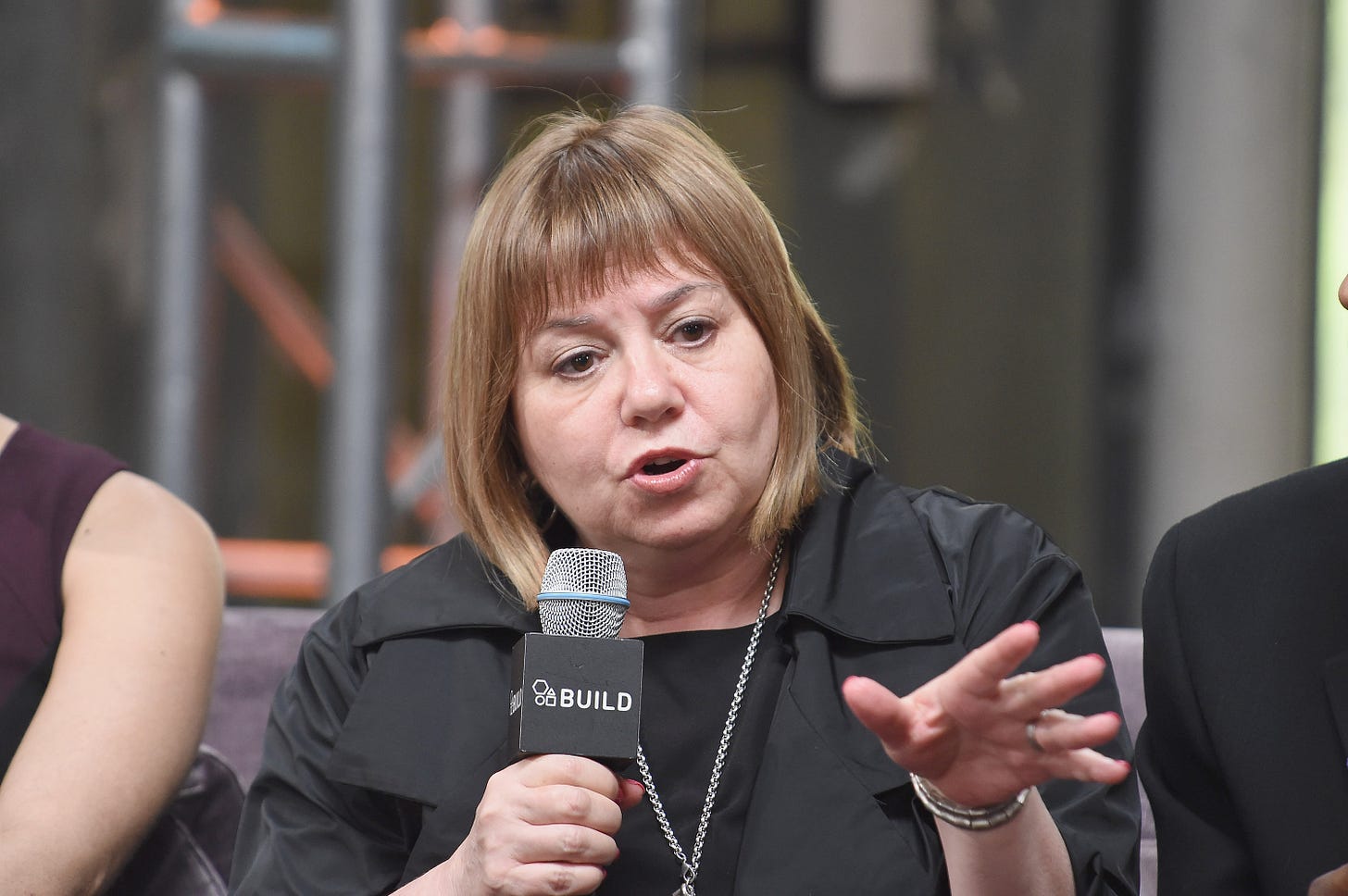
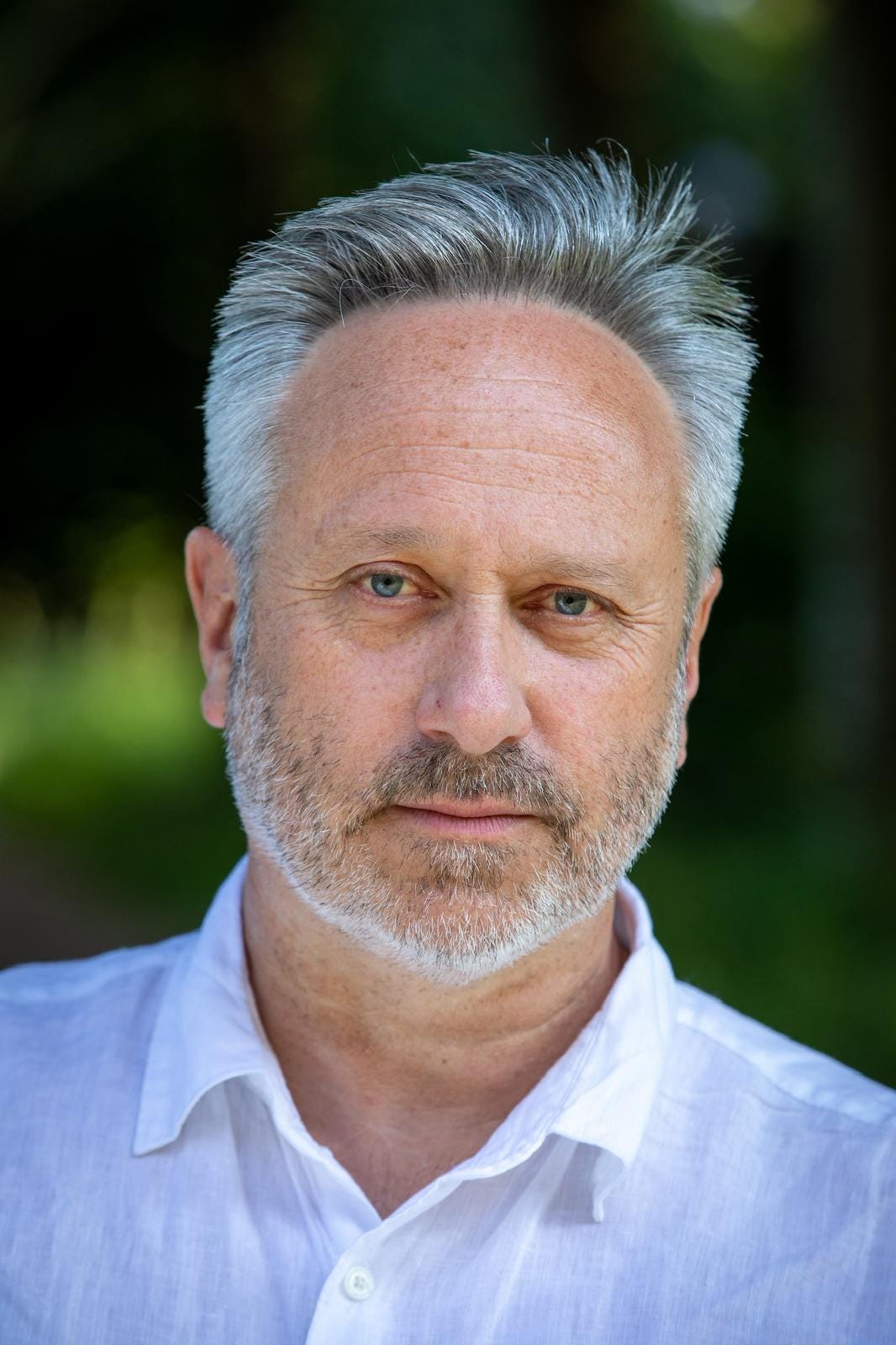
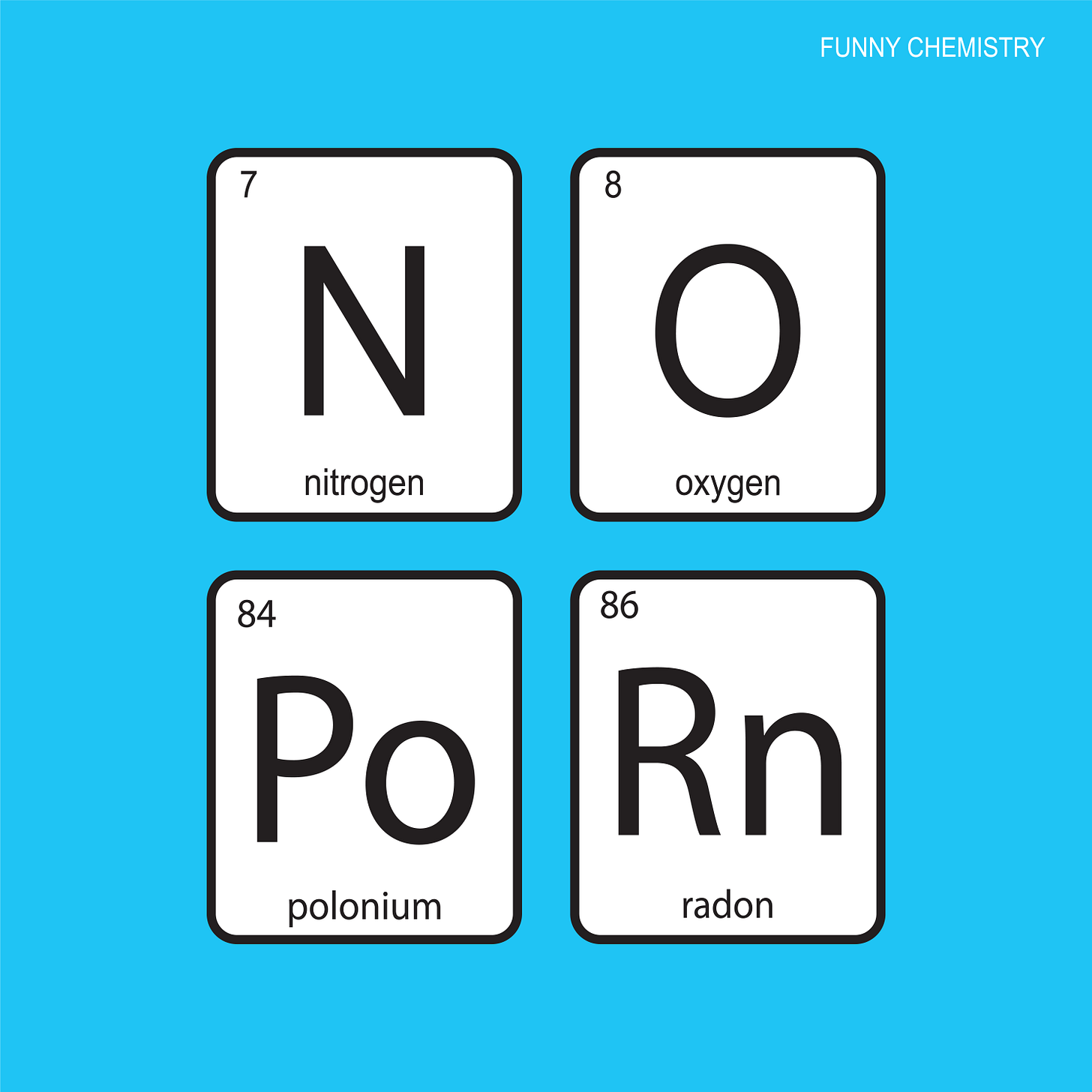
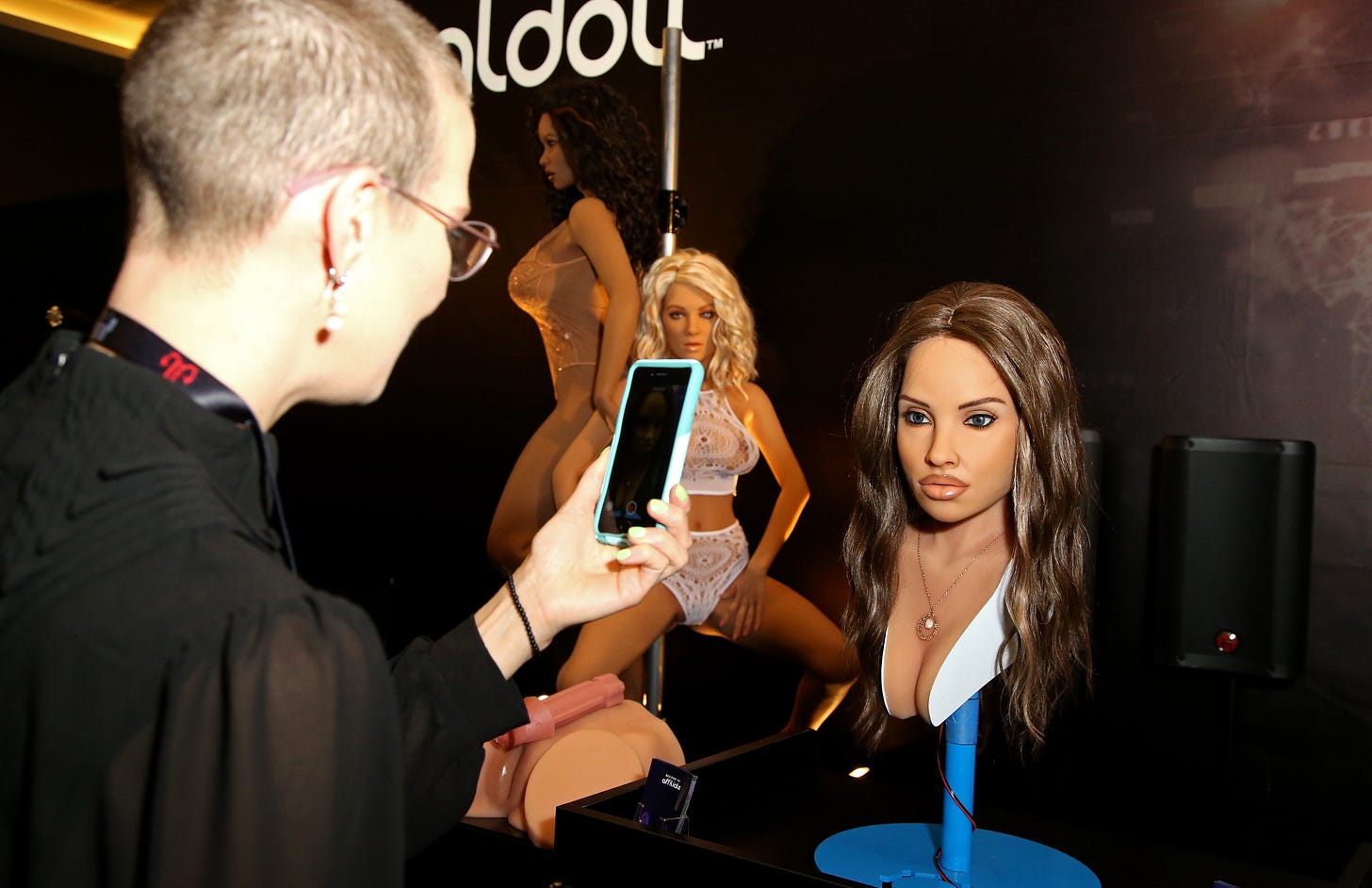
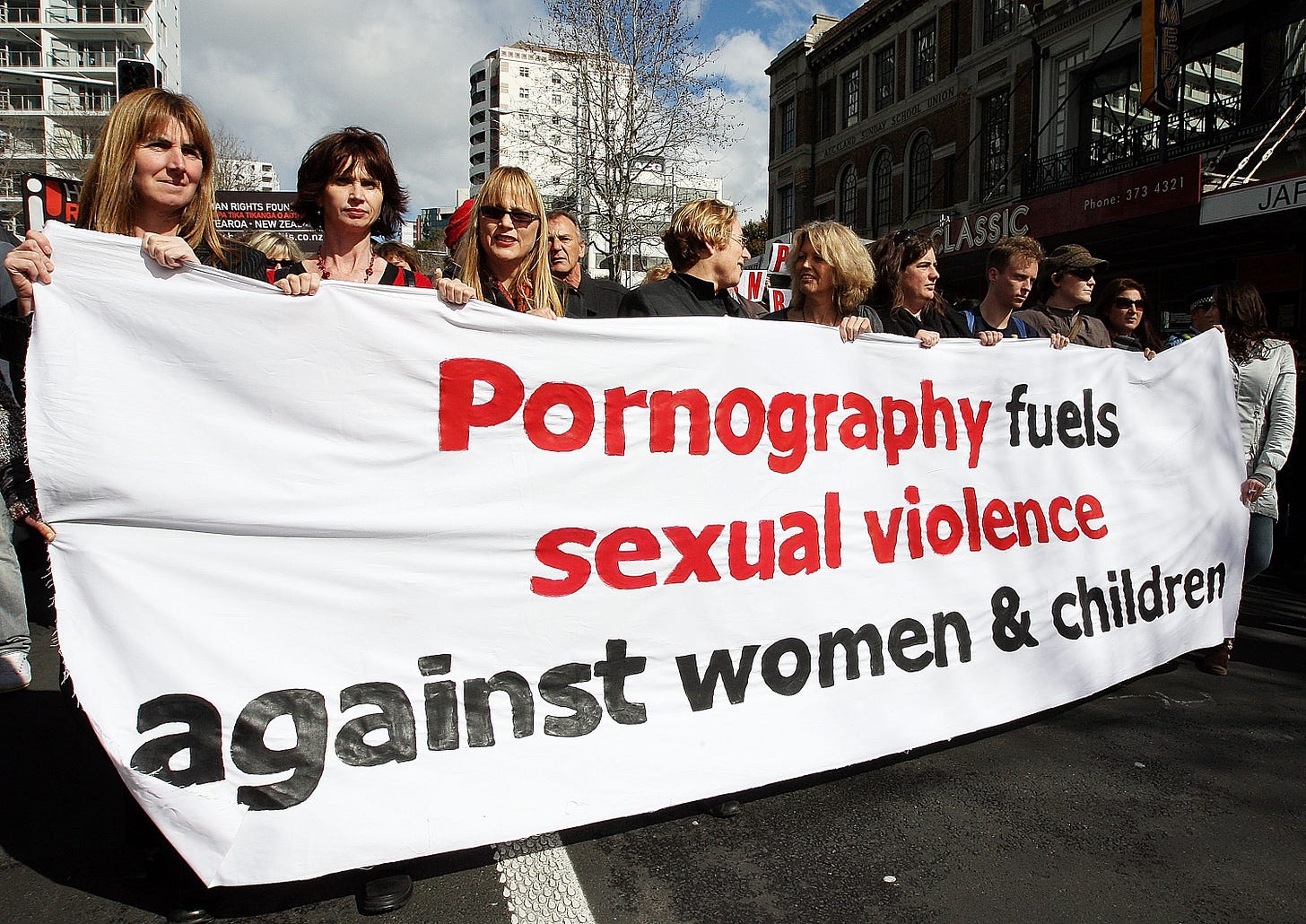

Very important topic! I experienced 2 straight men ask me on dates if I wanted to watch "lesbian porn" with them. When I explained that my ex-husband is now my ex because he thinks he's a woman and a lesbian, that wouldn't turn me on, I shut them right up. Men have a lot of hang ups about performance and porn does not help them.
Matt's friends' reaction to his decision is an indictment of society. The fact that a guy who chooses not to watch porn is seen as weird is mindboggling. Porn consumption has become so normalized that people see it as something to be proud of.
Even among my high school friends, porn was seen as normal. I just wrote about my experience with it here: https://www.davidmaren.com/p/i-grew-up-on-porn.
Ultimately, parents have to be the ones to intervene. Children are unlikely to encounter anti-porn views outside of the home. It's just too deeply entrenched.